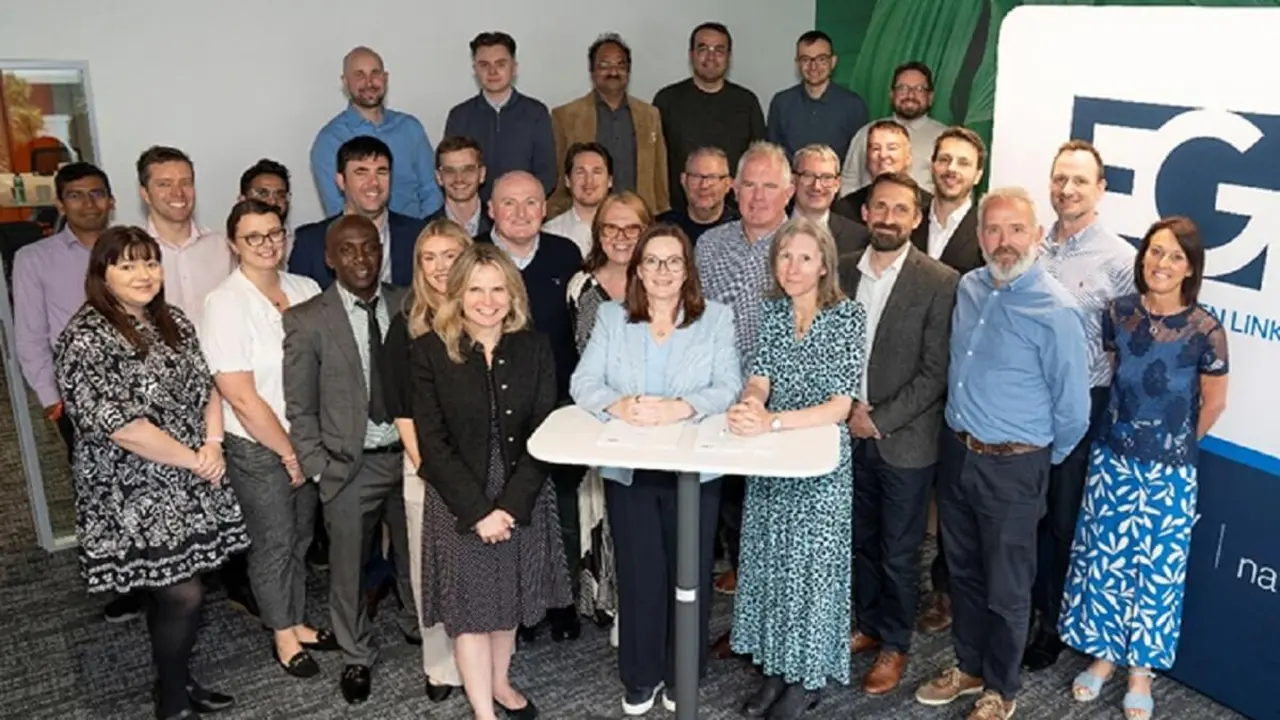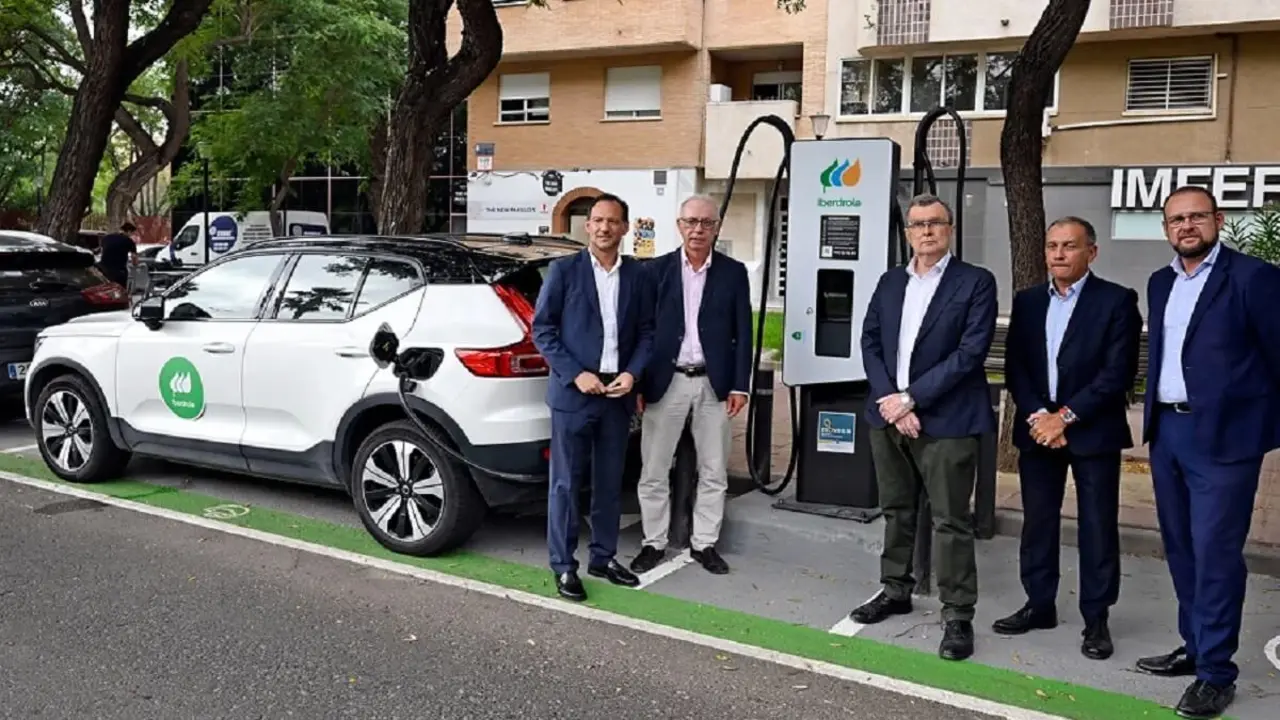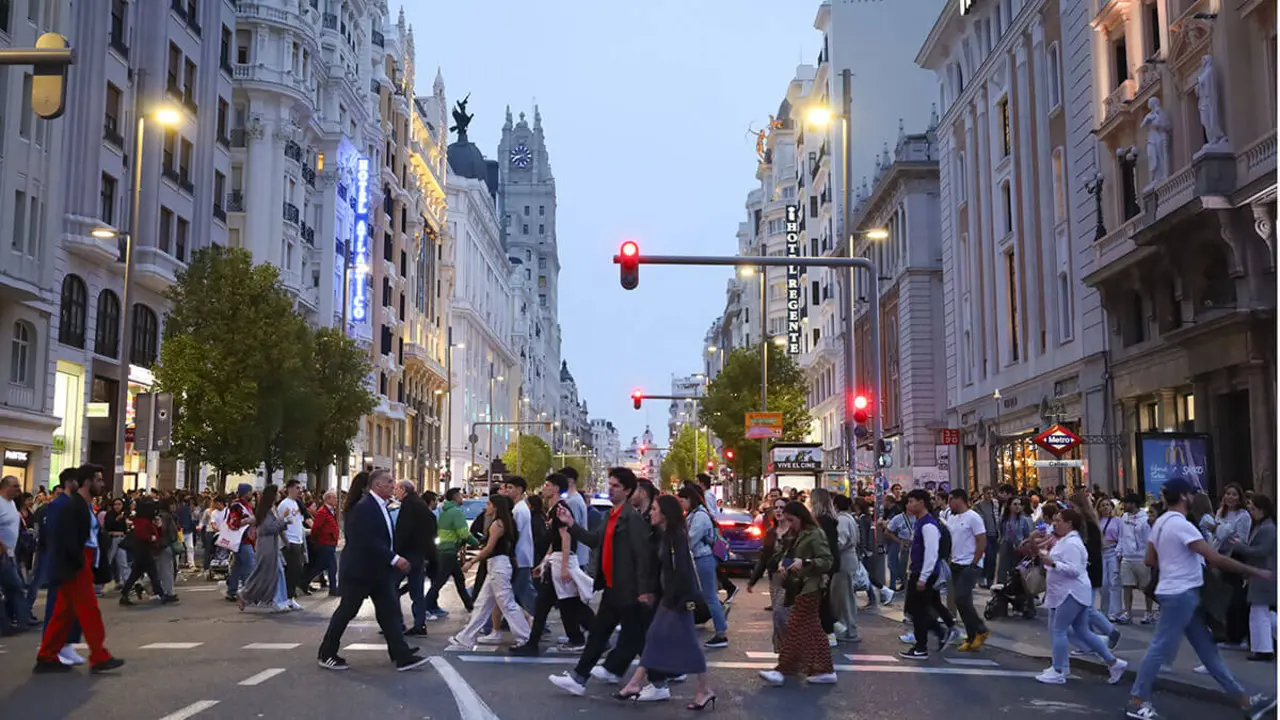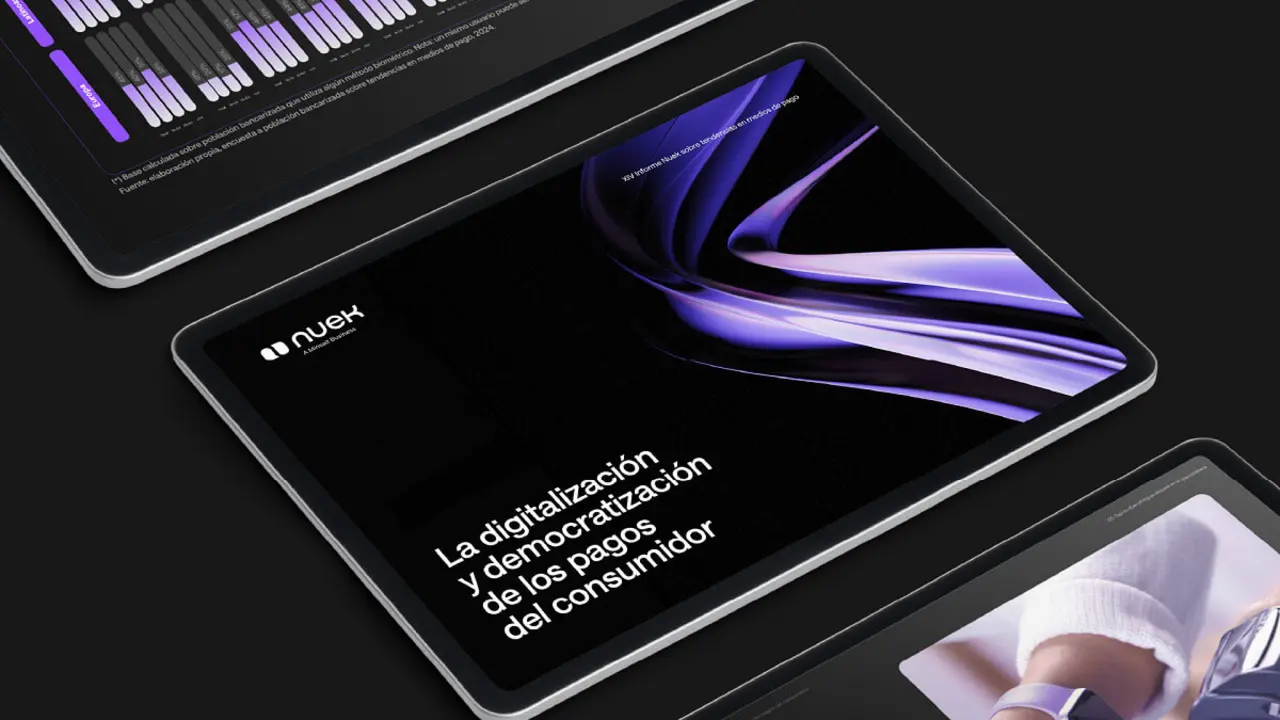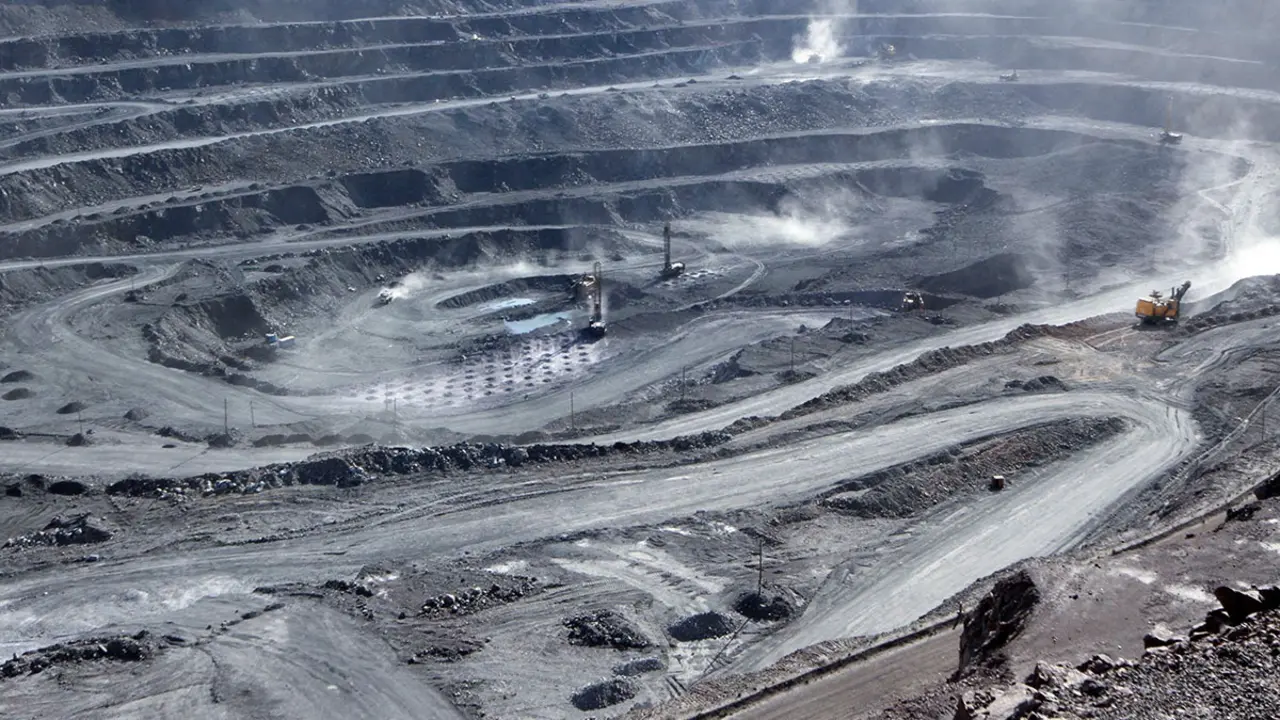La Agencia Internacional de la Energía destaca la labor de Marruecos en el campo de las energías renovables
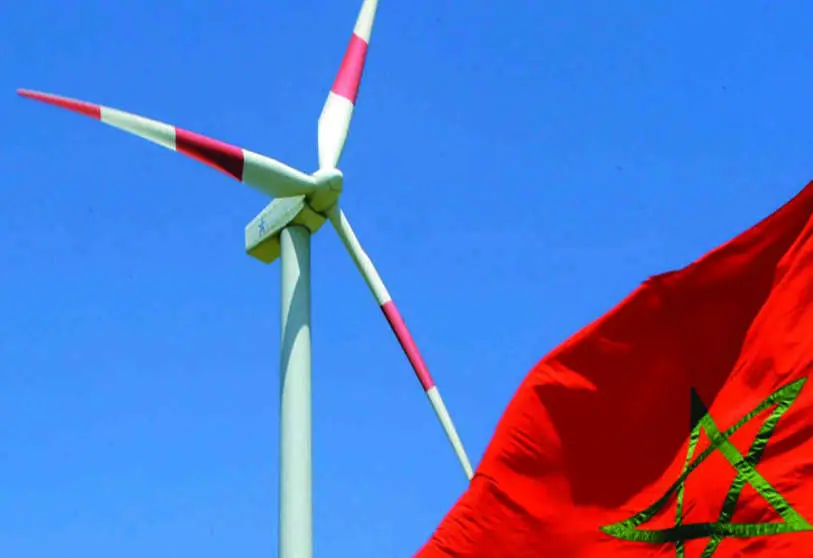
The latest report by the International Energy Agency (IEA) entitled "African Energy Outlook" has highlighted Morocco's work in the development of renewable energy projects. According to the document, despite the energy crisis affecting the continent, the Kingdom is standing out as a potential source of renewable resources and is committed to the fight for the protection of the planet.
The IEA notes that Morocco is committed to climate change and that, thanks to the pioneering vision, the country is making a nationally determined contribution to the Paris Agreement. This means that the Kingdom, thanks to this energy generated from renewable sources, is able to cover the energy needs of other sectors such as waste, agriculture, forestry, industry and the creation of some products, among others.
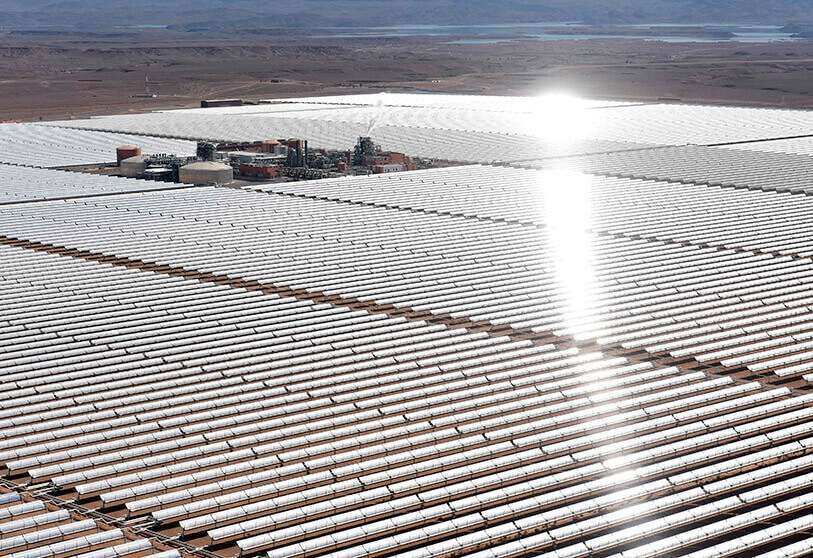
For the agency, these good figures are a sign of Morocco's efforts to move away from dependence on hydrocarbons. As a result, the share of renewable energy in the nation's electricity has grown enormously, and it is now not uncommon to see projects in this field throughout the Maghreb. As a result, the Alawi kingdom has not rebuilt any coal-fired power plants, thus fulfilling its green energy commitments to the Paris Agreement with great expectations.
Moreover, compared to other countries, Morocco is becoming a leader in the energy field. Despite its small size, compared to nations such as China, India or the United States, Morocco's share of solar PV and wind power is higher than the rate of these countries.
The Kingdom's efforts have exceeded expectations and, as a result, the country is beginning to be admired for its innovative projects. This is because, among other things, Morocco has adopted a strategy to decarbonise all industrial sectors, the Industrial Recovery Plan for 2021-2023. This promises to switch from hydrocarbons to the use of renewable energy resources. It is worth noting that this energy is produced locally, which makes it more relevant as it does not need to import energy.
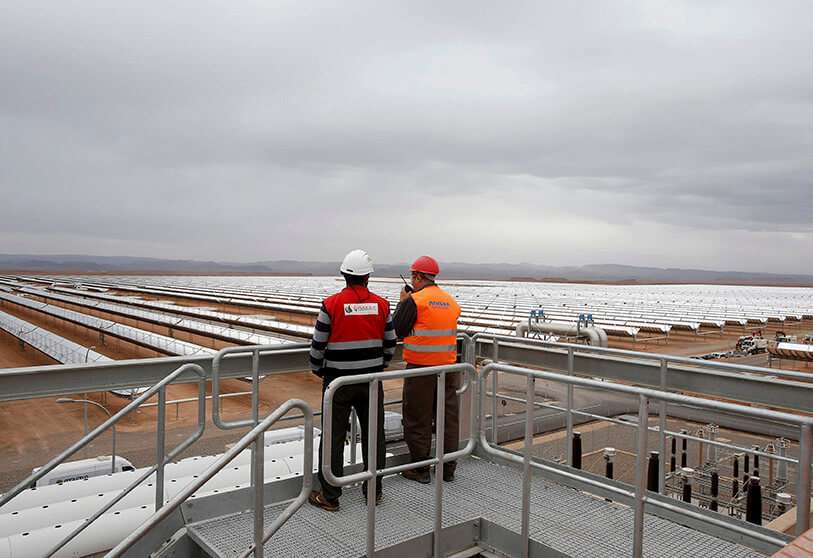
One of the resources currently under development is green hydrogen. The Kingdom has launched several plans to achieve this material, which goes hand in hand with the objectives. This resource is mainly used for the production of fertilisers. Right now, Morocco is committed to building an OCP green fertiliser plant that is expected to produce 260 tonnes of hydrogen per year and decarbonise the industry.
By 2025 and 2026, the country will launch two Moroccan-branded projects for the production of low hydrogen. These are the production plants of the companies Moroccan Energy for Sustainable Energy Masen and the HEVO Ammonia Morocco project. The latter is expected to produce 31 kt of green hydrogen per year.
But despite this, Morocco has not yet committed to net zero emissions even with the resources it possesses. This is remarkable, as other African countries have taken action and have already started to fulfil their pledges under international agreements.
The war in Ukraine and the high cost of energy prices are hitting the African continent hard, as African countries do not have the resources to do so. With this situation, several initiatives are already underway to boost the world's energy economy and take advantage of the resources it has to offer. Africa, according to experts, has enormous potential to develop various renewable energies.

"Africa is home to 60% of the world's best - and cheapest - solar resources, there is an immediate and absolute need to provide modern, affordable energy to all Africans, which can be achieved by the end of the decade at an annual investment cost of $25 billion, the same amount needed to build one new LNG terminal a year," says Fatih Birol, executive director of the IEA.
Investing in these energies will increase the continent's resilience to global shocks and so move it from being an affected region. It could also end the food crisis.
The report reveals that Africa is the region of the world that contributes the least to global CO2 emissions, but that despite this, all the problems of the dominant continents have an impact on them, especially in the case of climate change and global resource crises. In two years of the pandemic alone, more than 25 million Africans had no access to electricity, so change is necessary.



